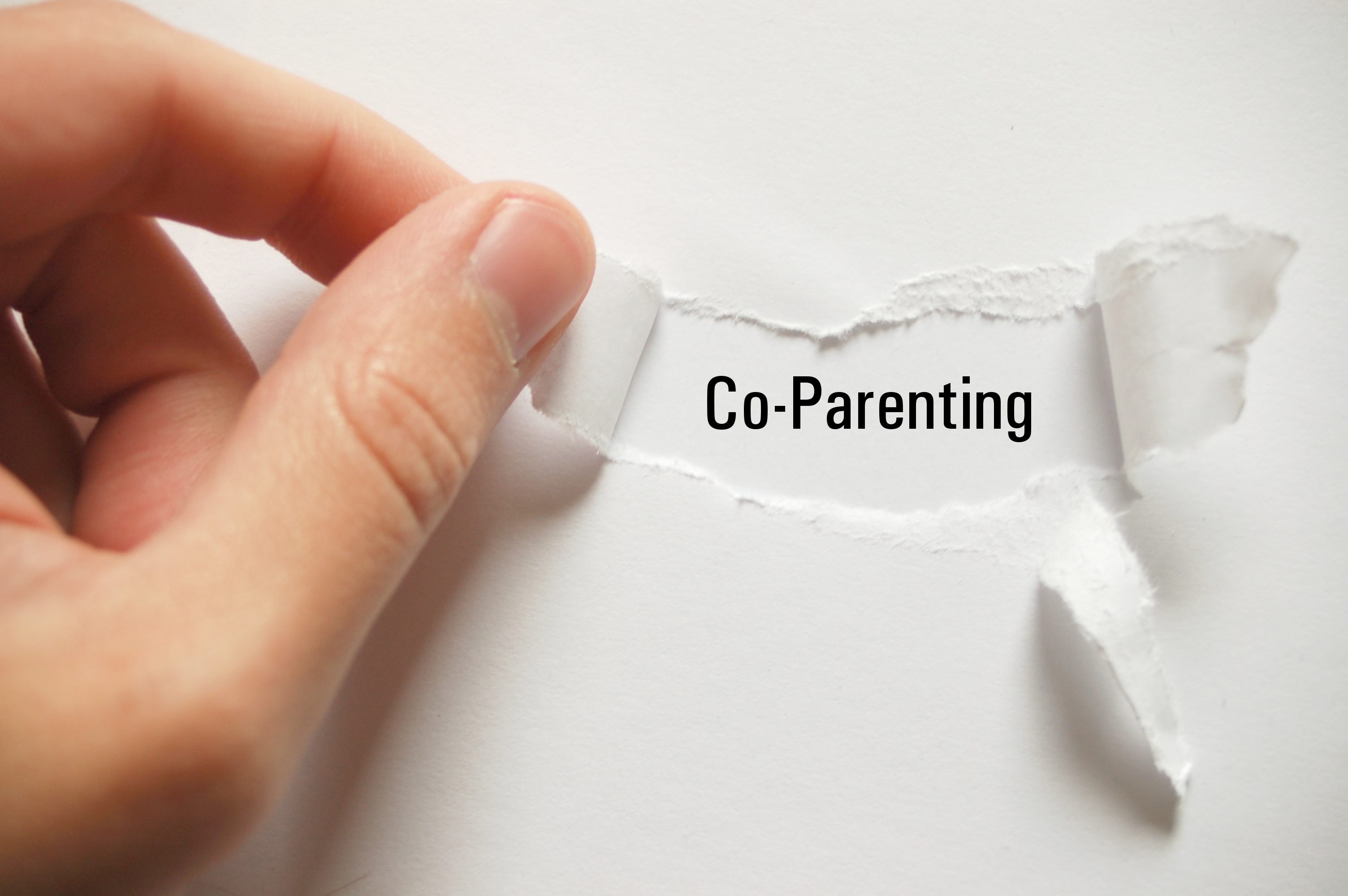Co-Parenting After Divorce
Janet Fluker, M.Ed., M.S.

The goal of healthy co-parenting after divorce is to minimize the conflict between the parents. Research shows that it’s the conflict between the parents, not the divorce itself, that has the greatest negative impact on the children. What are some of the impacts of this conflict?
Conflict between co-parents takes an emotional toll on the children. It can lead to increased stress, anxiety and insecurity. Children often internalize the tension and blame themselves since the conflicts are about them. This can lead to behavioral issues, difficulty concentrating in school or health issues.
High-conflict co-parenting can also disrupt a child’s sense of routine and security. The chaos of ongoing disputes affects their sense of stability. This makes it difficult for the child to trust others and form healthy relationships.
Conflict between co-parents often leads to loyalty binds for the children, forcing them to feel torn between their parents. Do I answer dad honestly about having a good time with mom or lie so that he doesn’t get upset? These loyalty conflicts lead to feelings of guilt and confusion for the child and can strain the parent-child relationship.
Conflict between co-parents can often divert a child’s attention away from school and negatively impact their learning. Some children may engage in risky behavior or become rebellious to cope with their emotional turmoil.
Long-term effects of high-conflict co-parenting may include difficulty forming healthy relationships, increased mental health issues and an increased likelihood of repeating dysfunctional patterns in adult relationships.
So how can we avoid these negative impacts on the children in a high-conflict co-parenting relationship?
- Do not have co-parent conversations where your child can hear or see them. Remember that they will blame themselves for the conflict.
- Do not say negative things about your co-parent to the child. Remember that they love the other parent and deserve to have a good relationship with them.
- Do not put your child in the middle by having them deliver paperwork or messages to the other parent. They may “forget” to do it to avoid the other parent’s reaction.
- Do not plan events with your children on the other parent’s time, especially if you haven’t checked it out with the other parent ahead of time. That puts the other parent in the position of being the “bad guy” and confuses the children.
- Do not make your child feel bad if they say positive things about your co-parent and/or their time with them. Let them be kids and form their own opinions about both of you. They need to learn to have their own relationship with each of you.
For more information and resources on co-parenting:
www.cnfc.org
www.CPDilemmas.com
The High-Conflict Co-Parenting Survival Guide: Reclaim Your Life One Week At A Time: Hunter MBA, Megan, LaRochelle RFM, Andrea, Eddy, Bill: 9781936268306: Amazon.com: Books



